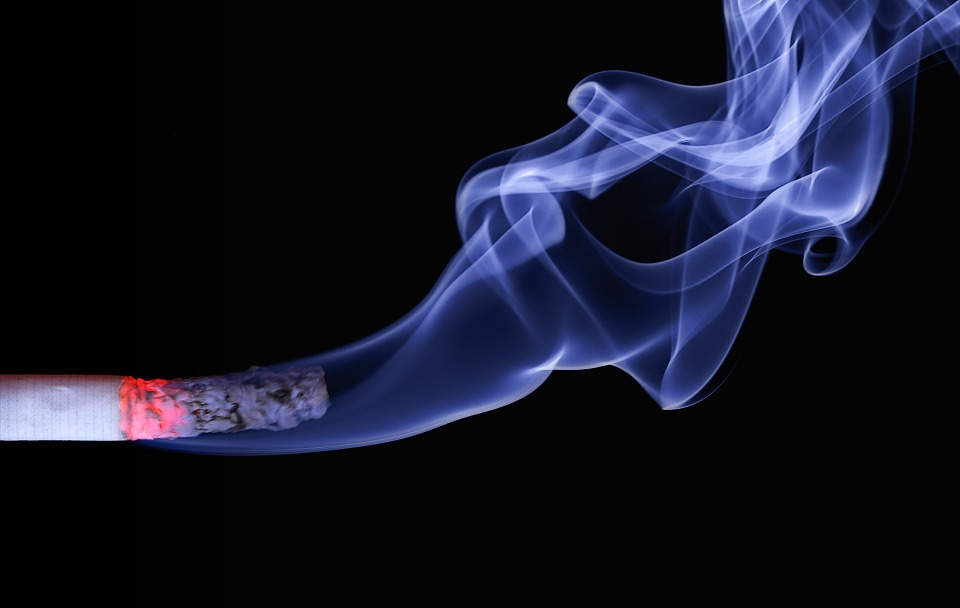The NHS Stoptober website provides three simple reasons as to why smokers should take part in Stoptober: feel healthier, save money, and protect your family from second-hand smoke. While Public Health England’s annual campaign to get a nation of smokers to quit simultaneously reportedly had a 20% success rate in 2015 (500,000 out of 2.5 million smokers who took part quit permanently), is it true to say that stopping smoking for 28 days can really improve your health?
The NHS Smokefree website lists a plethora of health benefits associated with Stoptober, that begin immediately after finishing your last cigarette. 20 minutes after finishing it, your heart rate and blood pressure go down. While you smoked, high levels of the carbon monoxide molecule stopped oxygen from binding to the red blood cells, but with these levels now decreasing, transporting essential oxygen becomes easier and the heart no longer needs to exert itself as much.
Eight hours later, levels of nicotine and carbon monoxide in the blood stream reduce to less than half, and after just two days, there is neither nicotine nor carbon monoxide in the body, reinstating a better sense of taste and smell, and leading to the beginning of the lungs clearing of mucus and debris deposits. After 72 hours, breathing becomes easier because bronchial tubes in the lungs relax, and overall energy levels increase.
Such statistics make the prospect of Stoptober an attractive offer. What the NHS website fails to record alongside these health benefits, however, are the unpleasant symptoms of nicotine withdrawal that accompanies cigarette cessation. What’s worse, they usually begin just an hour after quitting. Symptoms include anxiety, irritability, fatigue, headaches, hunger, and trouble sleeping. Some smokers have reported that overall, nicotine withdrawal feels like a mild case of the flu.
Nicotine withdrawal stems from the changes to the brain caused by excessive usage of nicotine.
Nicotine withdrawal stems from the changes to the brain caused by excessive usage of nicotine. Extended exposure to the chemical forms nicotinic receptors in the rewards pathways, a structure responsible for our feelings of motivation and satisfaction. Regular use of nicotine triggers dependence as, when taken in by the nicotinic receptors, it releases dopamine – the “happy” hormone – the same way dopamine is released as a reward for acts essential to survival, such as eating. The decrease in levels of dopamine as a result of no nicotine intake is what causes withdrawal symptoms.
Nicotine withdrawal makes the first two weeks of quitting the hardest, but is not insurmountable, with the number of nicotinic receptors decreasing over time. Moreover, the importance of quitting smoking cannot be overemphasised. Professor Gina Radford of University College London said:
“[Smoking] is still the country’s biggest killer, causing 79,000 deaths a year. For every death, another 20 smokers are suffering from a smoking-related disease.”
While the challenge of quitting smoking may feel overwhelming, the facts of the health risks smoking pose are even harder to swallow. Nothing ventured, nothing gained; a smoker taking part in Stoptober may not quit permanently, but the disparity between the quality of life physically of smokers and non-smokers makes trying, even just for 28 days, worth it.
Georgie Wardall
image source:pennstatehealthnews.org

